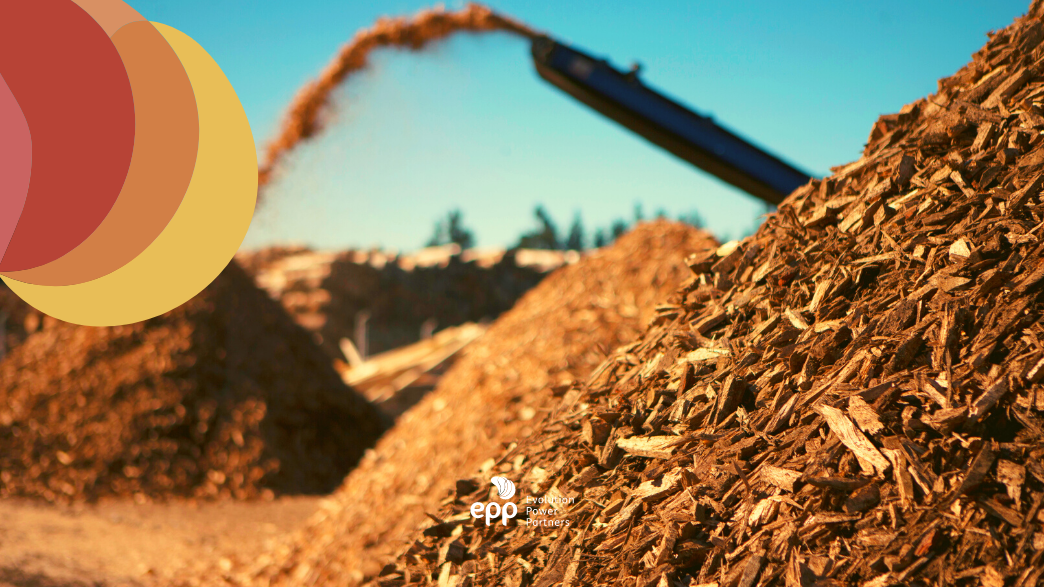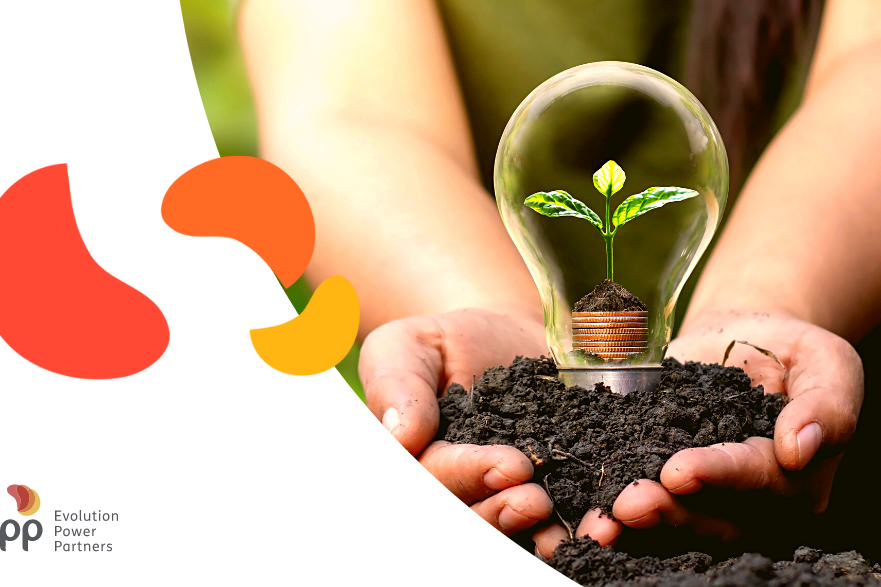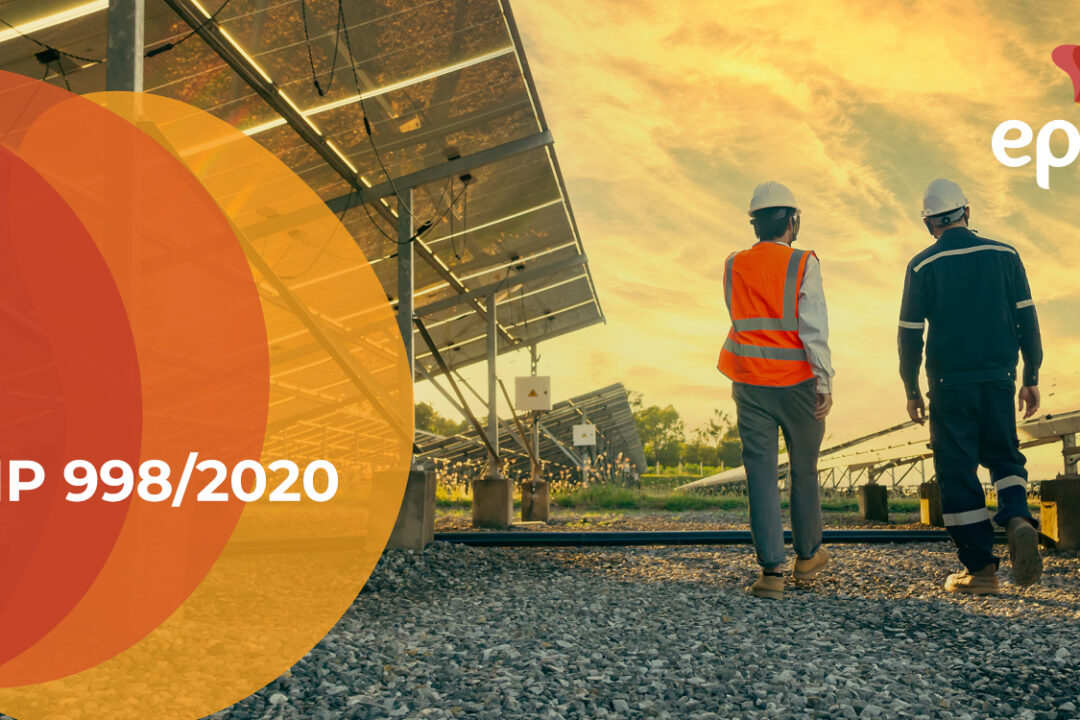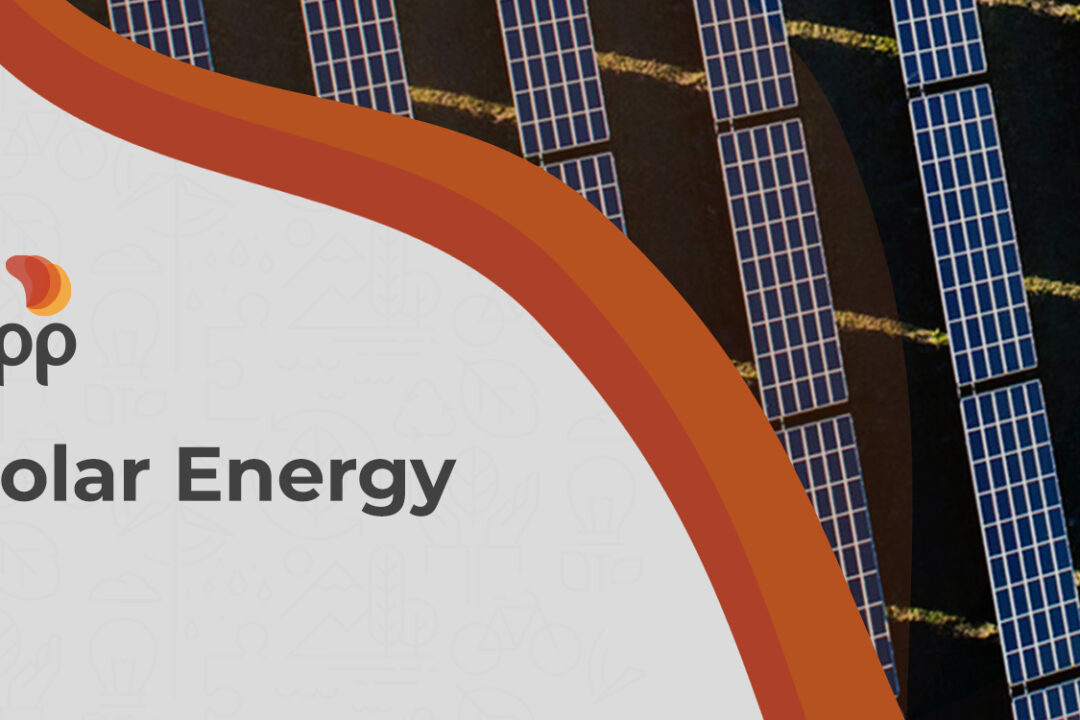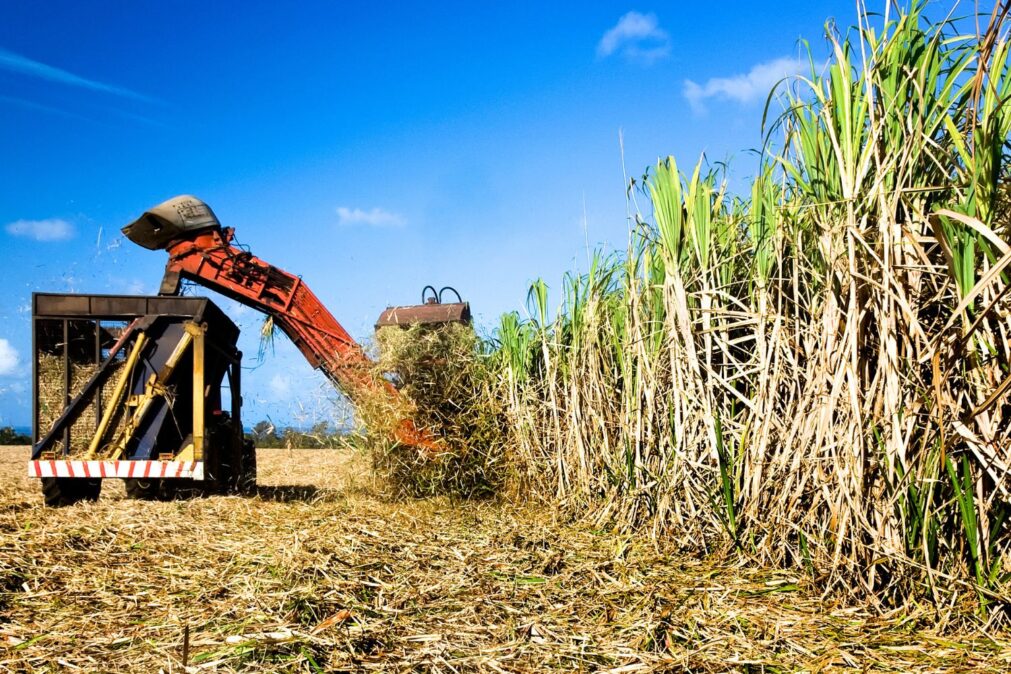The A-5 auction held at the end of September 2021 attracted investments in the order of R$3.067 billion. Check out the highlights of the event.
Carried out by the Electric Energy Trading Chamber (CCEE), on September 30, the A-5 Auction ended with 151 average MW traded. The average value was BRL 238.37 MW/h and the discount was 17.48%.
Biomass totaled 531 lots, totaling 301.2 MW of capacity negotiated at an average price of R$ 271.26 MWh with a discount of 25.68% The highlight among the most contracted sources was sugarcane biomass, with 489 lots, representing 32.3% of the total sold. The lots were divided into five projects involving sugarcane biomass and a wood chip project. The winners will start supplying from January 2026, in response to the demand of distributors.
Auction A-5: the importance of biomass projects
The contracts negotiated at the auction for the source of biomass will last for 20 years, with an expected delivery of 9,309,492 MWh. In addition to biomass projects, the auction provided for the contracting of energy from hydro, wind, solar, coal or natural gas thermal and thermal plants that use solid urban waste (USW) as a source. The event was also marked by the debut of energy contracting from the RSU, making the first plant of this type in the country, which will be in the Waste to Energy – WTE model.
Although the contracted volume of energy from biomass was small, the leadership of these projects shows the recognition of the source as a bridge for energy transition and diversification of the Brazilian matrix. Thus, these data show that this source may quickly stand out in the next electricity auctions.
Since the establishment of new targets for the decarbonization of the energy matrix, biomass has stood out for some reasons. First, it delivers non-intermittent, renewable energy to the system, making it a future guarantee to avoid blackouts. In addition, the quantity contracted in the A-5 auction will avoid the estimated emission of almost 3 million tons of CO2 in the period, a mark that would only be achieved with the cultivation of 18 million native trees over 20 years.
The future of biomass
In addition to being an important source for energy generation, biomass is also an important matrix for the generation of renewable fuel. The biofuels sector in Brazil presented expressive results in 2020.
Through biomass, it is possible to generate biogas, which purified, leads to biomethane. In 2020, with 638 biogas plants, the country produced about 5 million cubic meters per day of biofuel. If one of the obstacles to the growth of thermoelectric power is environmental damage, currently there are already solutions and technologies for energy conversion of biomass that are viable on a commercial level. Through processes such as pyrolysis, gasification, combustion and co-combustion, second generation ethanol, green diesel, kerosene, fertilizers and other products are produced. In this way, it opens up a possibility to change the energy landscape in Brazil. Thus, through investments in renewable fuels, new possibilities are opened for the country to be able to achieve important goals, such as the decarbonization of the transport sector.
Therefore, the A-5 Auction can be considered successful, highlighting the biomass projects, energy contracted from the RSU project and the savings generated. With the success in negotiations, the contracts closed at a price below the nominal value, the savings obtained were R$ 1.269 billion.
